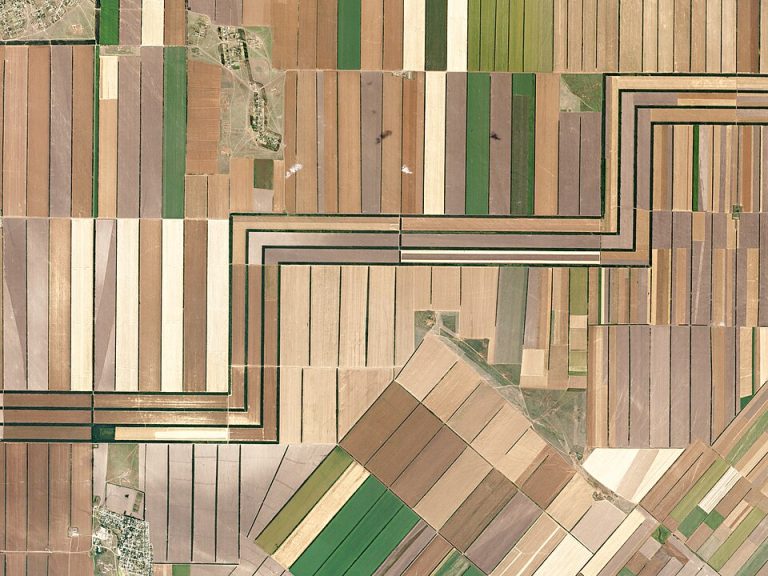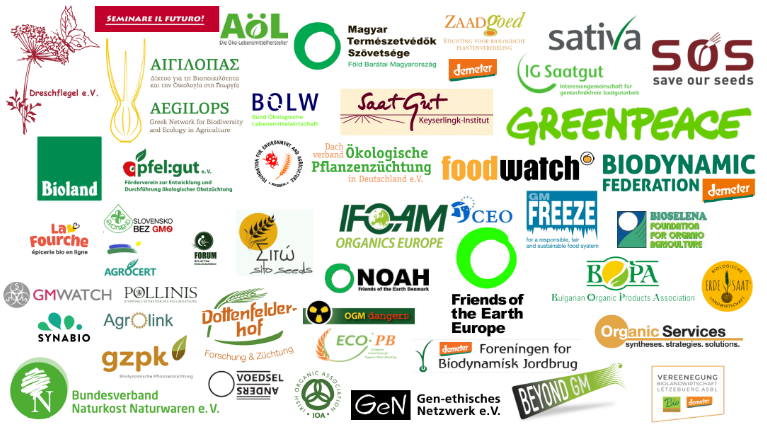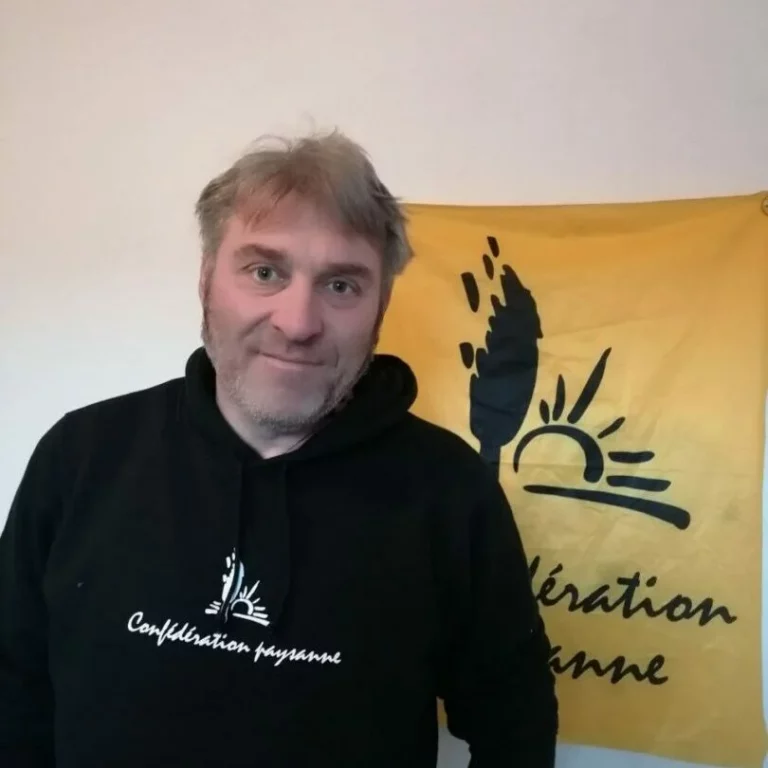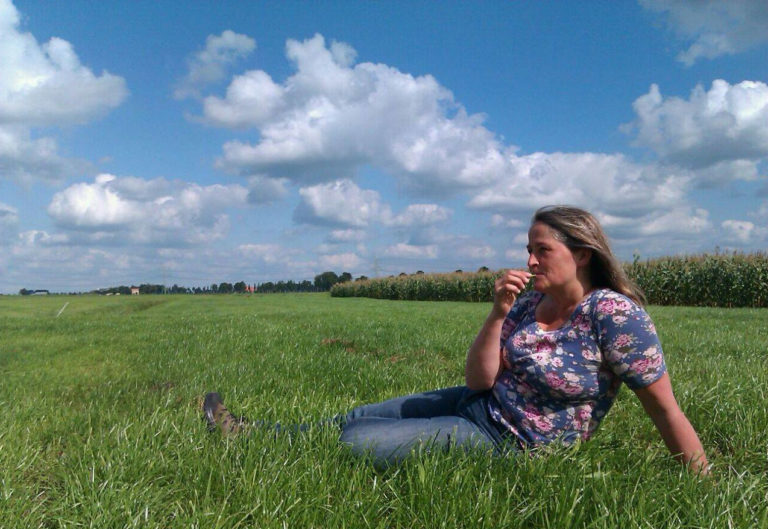News
European organic food processors say “no” to GMOs/NGTs
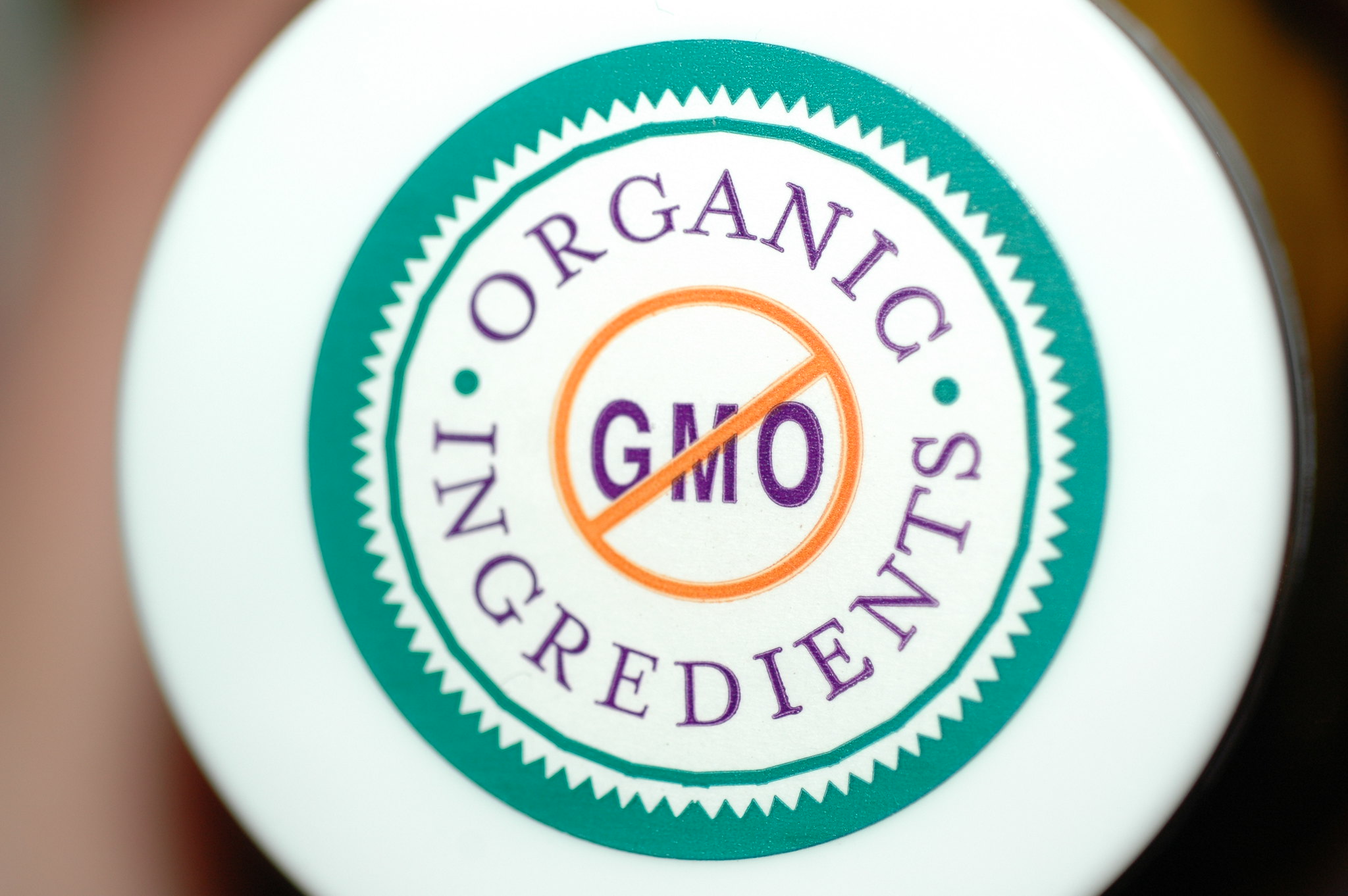
The organisation of European organic food processors and retailers (OPTA) rejects GMOs/NGTs, but sets out conditions for their possible adoption.
At the beginning of September, a new player took a stand against the European Commission’s proposal to deregulate “new GMOs”, which it has renamed NGTs: Opta (Organic Processing and Trade Association), the European organisation that represents the interests of companies processing and trading organic products [1].
OPTA claims that GMOs/NGTs are incompatible with the principles of organic farming and consumers’ perception of organic products. It considers that the authorisation of GMOs/NGTs threatens organic businesses in the European Union (EU) [2].
The historic commitment of the “organic” sector to GMOs
Organic farming is based on strong concepts, including the use of natural fertilisers and respect for ecosystems. It also imposes strict standards and organic certification, and refuses to use GMOs. As GMOs/NGTs (or “new GMOs”) are, like their predecessors, derived from genetic modification, organic farming’s defenders believe that they are not compatible with its foundations [3] [4].
The seed industry takes a different view. It is even developing a discourse – and an associated novlanguage – praising the “agroecological” virtues of these “new GMO » [5]. In particular, it misleadingly puts forward the argument that GMOs/NGTs (Crispr/Cas9, TALEN,…) make it possible to produce organisms as nature would, but much more quickly than nature would. Another”agroecological” argument put forward by the industry is that these GMOs/NGTs will reduce chemical inputs and water consumption. We can legitimately question this type of promise, given that those – very similar – concerning transgenic GMOs have not been kept [6].
This kind of semantic, even ideological, intrusion by agribusiness into the concept of agroecology is arrogant, to say the least. It is clearly aimed at admitting GMOs/NGTs into organic farming, in total disregard of the fundamental principles of this sector, such as the absence of chemical inputs and the priority given to biodiversity.
To counter this industrial strategy, the European Union’s organic product processors and traders are calling for vigilance and action through their official representative, Opta.
GMOs/NGTs, a risk for the organic supply chain
In concrete terms, Opta is calling for the application of strict rules to ensure the traceability, labelling and protection of organic operators for all GMOs/NGTs. This would guarantee that organic products remain free from NGT products and that consumers have a clear view of the origin of products. She is also calling for rules to be put in place to ensure coexistence between different types of farming. For example, it is calling for the introduction of “a mechanism to ensure that GMO/NGT manufacturers bear the additional costs associated with prevention and monitoring of the organic supply chain”. Similarly, the association is calling for compensation for organic operators in the event of damage caused by the presence of GMO/NGT material. The proposal, it should be remembered, no longer provides for any rules on coexistence or compensation for damage in the event of contamination.
The debate on the impact of GMOs/NGTs on organic farming is not yet over at EU level, but concerns remain within this still fragile sector, which currently occupies just 9.9% of cultivated land [7].
The French industry also on alert
In a press release dated 5 July 2023, a number of organisations, including
Synabio, FNAB, Bio Consom’acteurs, La Maison de la Bio, had warned of the dangers to organic production of removing traceability and labelling for “new GMOs” derived from NGTs [8]. They call on the French public authorities to :
“– Make traceability and labelling of [GMOs/]NGTs mandatory, in the same way as for other GMOs.
Maintain the ban on the use of GMOs in organic farming, including [GMO/]NGT, in
accordance with the principles of the European organic regulation
Eliminate “sustainable” claims for [GMOs/]NGTs, which are misleading for consumers
Maintaining the risk assessment of [GMOs/]NGTs
Continue to publish a method for detecting [GMOs/]NGTs
Guaranteeing the availability of information at no extra cost to organic operators
Introduce effective coexistence measures that are not the responsibility of the organic sector,
including a compensation fund for contamination by biotech companies.
Funding innovation to help develop organic farming and food“.
[1] Opta has around thirty official members from eleven European Union countries, including France, as well as Switzerland, the United Kingdom and the United States
[2] OPTA Europe , “OPTA Europe’s contribution to public consultation on legislation for plants products by certain new genomic techniques”, 6 September 2023
[3] , « Agricultures transgénique et bio : une incompatibilité de fond », Inf’OGM, 27 September 2013.
[4] , « OGM (anciens ou nouveaux) en bio : c’est toujours non ! », Inf’OGM, 21 December 2017.
[5] , « Le CTPS veut croire aux promesses des “nouveaux OGM” », Inf’OGM, 2 February 2023.
[6] , « OGM, l’économie de la promesse et du fantasme », Inf’OGM, 13 October 2022.
[7] “In Europe, organic farming occupies 9.9% of cultivated land”, Toute l’Europe, 7 July 2023
[8] “New GMOs: organic farming in danger”, Forebio, 1er August 2023.






